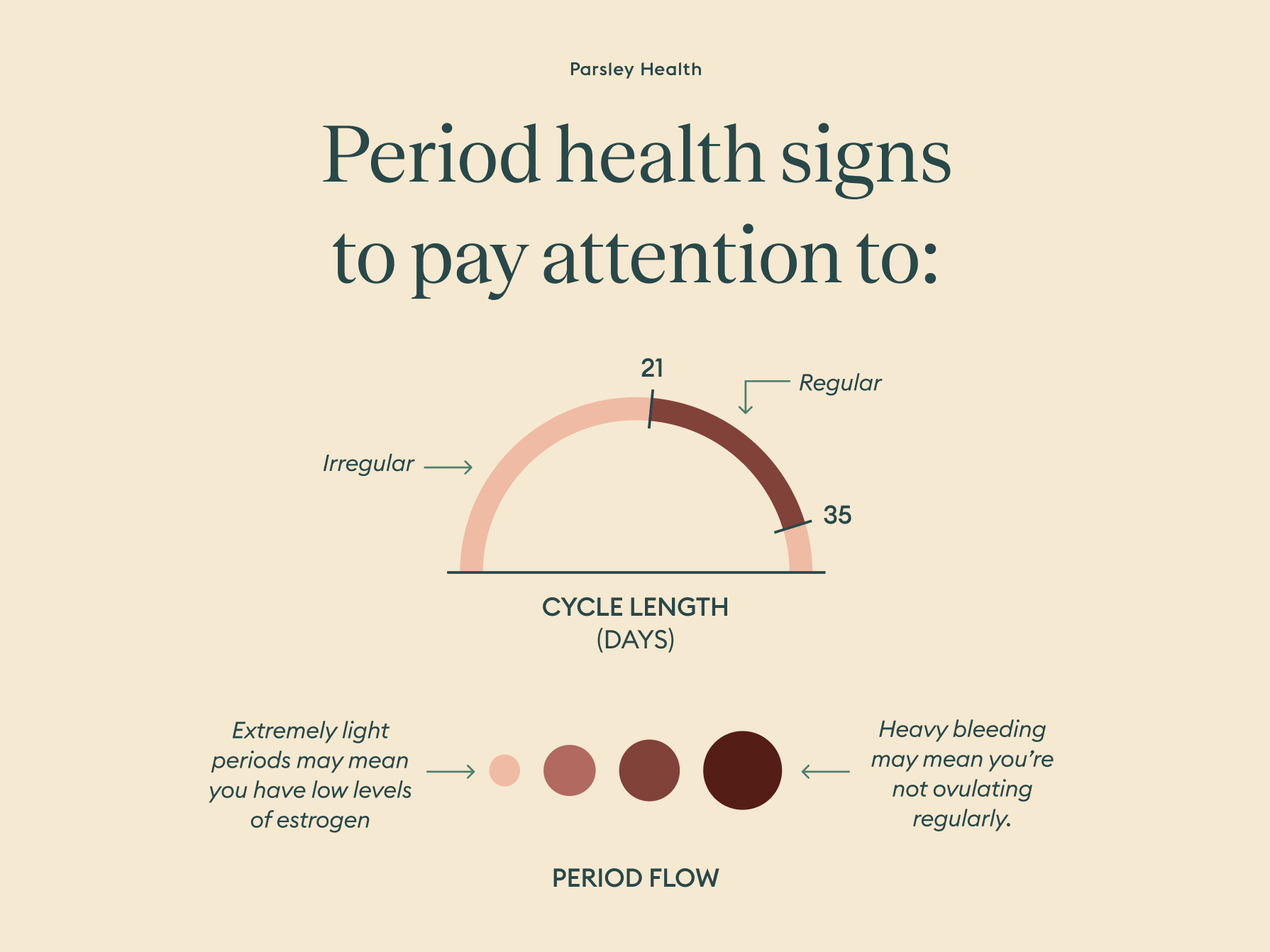Wish there was a way to make little things in life, like your monthly period a little less painful and a lot less dreadful? Turns out you can. Similar to other areas of health, there’s always room to improve and optimize, or as we like to call it, biohack. By making a few minor adjustments, whether it be starting a supplement regime, exercising, or eating more consciously, you can make that time of the month just a little bit better.
In the US alone, almost 40 million women struggle with some form of hormone imbalance. This ranges from PMS, period pain, low energy, to infertility. For years women have been suffering in silence and finally, this medical issue is coming to the forefront of medicine.







